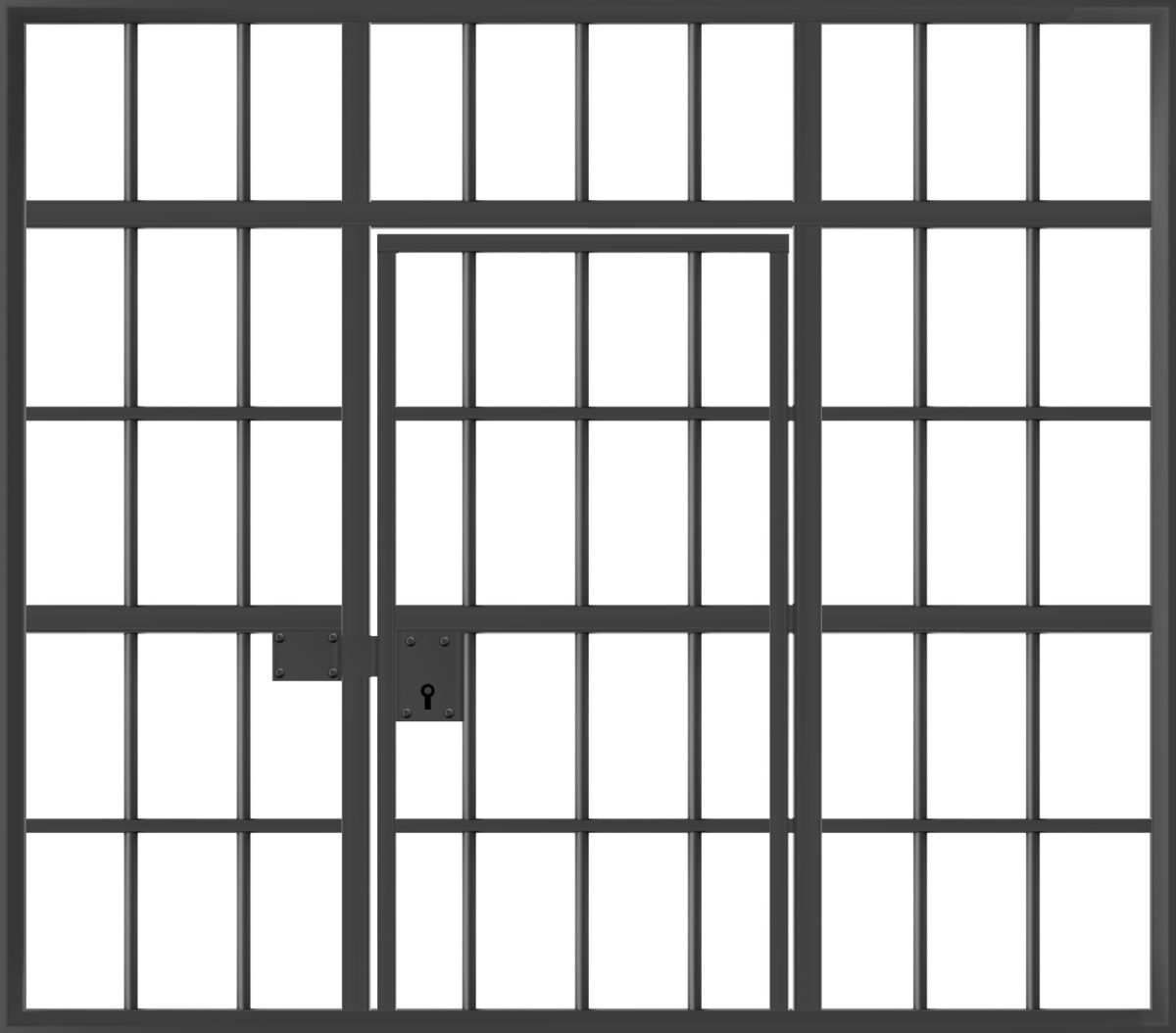On March 15, a tragedy befell the town of Christchurch, New Zealand: 50 people were slaughtered in two different mosques by a man named Brenton Tarrant with an assault rifle. As a result, a ban on all semiautomatic weapons, high capacity ammunition magazines and parts that could modify a gun into being a semiautomatic rifle, was implemented in the country. These guns serve little purpose outside the ability to kill a mass amount of people. New Zealanders are willing to forfeit these types of guns to the government except for a few farmers who use them for hunting feral pigs that cause damage to their farms. Many New Zealanders believe that only special license-holders should carry these dangerous weapons. If only the U.S. followed New Zealand’s lead, then maybe we could address widespread issues of extremism in our country.
The videos Tarrant made of the shootings and his manifesto are also being censored by the New Zealand government. His name is not being mentioned by either the media or the New Zealand Prime Minister, Jacinda Ardern. Although extremist propaganda is being heavily censored due to fear of its ideology spreading to impressionable young people, there are still New Zealanders questioning why Tarrant’s manifesto is being censored considering they can get a copy of “Mein Kampf” at almost any bookstore in New Zealand. With various radical beliefs all around us, the question of whether to censor information from the citizens of a country is an interesting debate. Considering my beliefs, I feel I should be allowed to acquire any knowledge that I would like to have.
The fact that most countries attempt to ban certain extremist propaganda, but not all forms of extremist propaganda, leads to the question of what developed nations consider acceptable. It seems that most places find strong political beliefs acceptable while strong religious beliefs are not, as seen in the increasingly secular Western culture. The U.S. is actively against Jihadist terrorism but won’t denounce radical right-wing propaganda for fear of alienating an entire voting base—despite the rising terrorist attacks from right-wing extremists. According to a study from the Anti-Defamation League’s Center on Extremism, right-wing extremism accounted for 73 percent of extremist-related murders in the U.S. from 2009-2018. After the New Zealand mass shooting and subsequent legislation, something needs to be done in the U.S., and we can’t continue to ignore this severe problem for political reasons.











